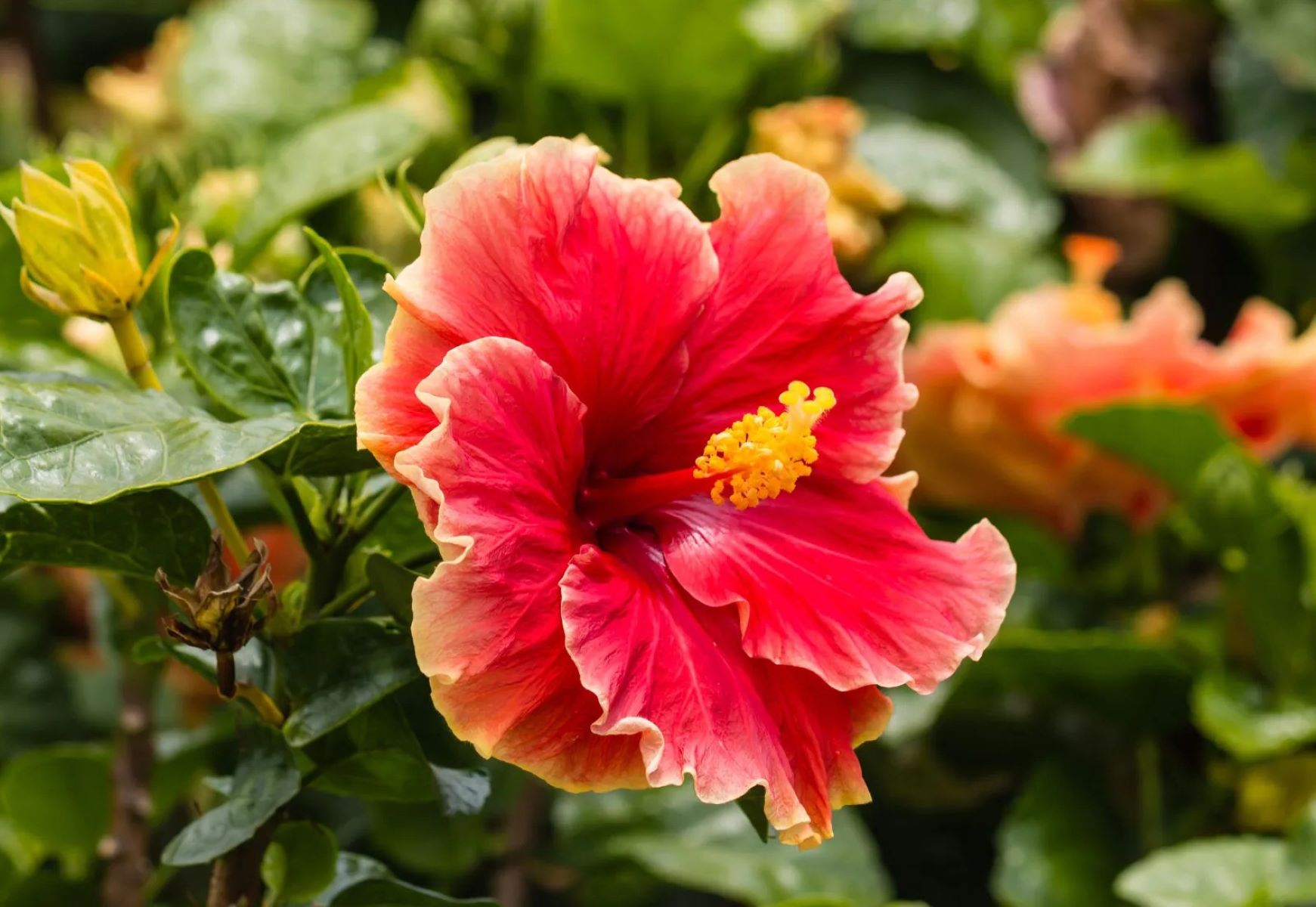11 Surprising Facts About Malaysia’s National Flower

Did you know that Malaysia's national flower is the Hibiscus rosa-sinensis? Often called the Bunga Raya, this vibrant bloom holds a special place in Malaysian culture. Its bright red petals symbolize courage, life, and rapid growth. But there's more to this flower than meets the eye. From its historical significance to its role in traditional medicine, the Hibiscus has many fascinating aspects. Whether you're a nature lover or just curious about different cultures, learning about this flower can be quite intriguing. Ready to dive into some surprising facts about Malaysia's beloved Hibiscus? Let's get started!
Malaysia's National Flower: The Hibiscus Rosa-Sinensis
Malaysia's national flower, the Hibiscus Rosa-Sinensis, also known as the Bunga Raya, holds a special place in the hearts of Malaysians. This vibrant flower symbolizes the country's rich cultural heritage and natural beauty. Let's dive into some surprising facts about this iconic bloom.
1. Symbol of Unity
The Hibiscus Rosa-Sinensis represents unity among Malaysia's diverse population. Its five petals symbolize the five principles of the Rukun Negara, the national philosophy aimed at fostering harmony and unity.
2. Chosen in 1960
Malaysia officially adopted the Hibiscus Rosa-Sinensis as its national flower in 1960. This decision was made to reflect the country's tropical climate and vibrant culture.
3. Bright Red Color
The bright red color of the Hibiscus Rosa-Sinensis symbolizes courage and vitality. This striking hue is a common sight in gardens and public spaces throughout Malaysia.
4. Medicinal Uses
Beyond its beauty, the Hibiscus Rosa-Sinensis has medicinal properties. Traditional remedies use its petals to treat ailments like fever, high blood pressure, and skin conditions.
5. Edible Flower
Surprisingly, the Hibiscus Rosa-Sinensis is edible. Malaysians use its petals in salads, teas, and even as a garnish for various dishes, adding a touch of color and flavor.
6. Cultural Significance
The Hibiscus Rosa-Sinensis plays a significant role in Malaysian culture. It appears in traditional dances, songs, and artworks, symbolizing beauty and grace.
7. Easy to Grow
This resilient flower thrives in Malaysia's tropical climate. It requires minimal care, making it a popular choice for home gardens and public landscapes.
8. Attracts Wildlife
The Hibiscus Rosa-Sinensis attracts various pollinators, including bees and butterflies. Its nectar-rich flowers provide a vital food source for these important creatures.
9. Varieties Galore
While the red Hibiscus Rosa-Sinensis is the most iconic, this flower comes in various colors, including pink, yellow, and white. Each variety adds a unique touch to Malaysia's floral diversity.
10. International Recognition
The Hibiscus Rosa-Sinensis is not only cherished in Malaysia but also recognized worldwide. It has won numerous awards at international flower shows for its beauty and resilience.
11. Featured on Currency
Malaysia's national flower graces the country's currency. The Hibiscus Rosa-Sinensis appears on the RM50 banknote, symbolizing the nation's pride and heritage.
Why Malaysia's National Flower Matters
Malaysia's national flower, the Hibiscus rosa-sinensis, holds more than just beauty. It symbolizes the nation's unity and strength. The five petals represent the five principles of Rukun Negara, the national philosophy. This flower is not just a symbol; it's part of daily life, seen in gardens, art, and even on the country's currency.
Understanding the hibiscus gives insight into Malaysia's culture and values. It’s a reminder of the country's rich history and diverse heritage. Next time you see a hibiscus, remember its significance to Malaysia. It’s more than a flower; it’s a national emblem that tells a story of unity, resilience, and pride.
Whether you're a local or a visitor, appreciating the hibiscus can deepen your connection to Malaysia. This vibrant flower truly represents the heart and soul of the nation.

